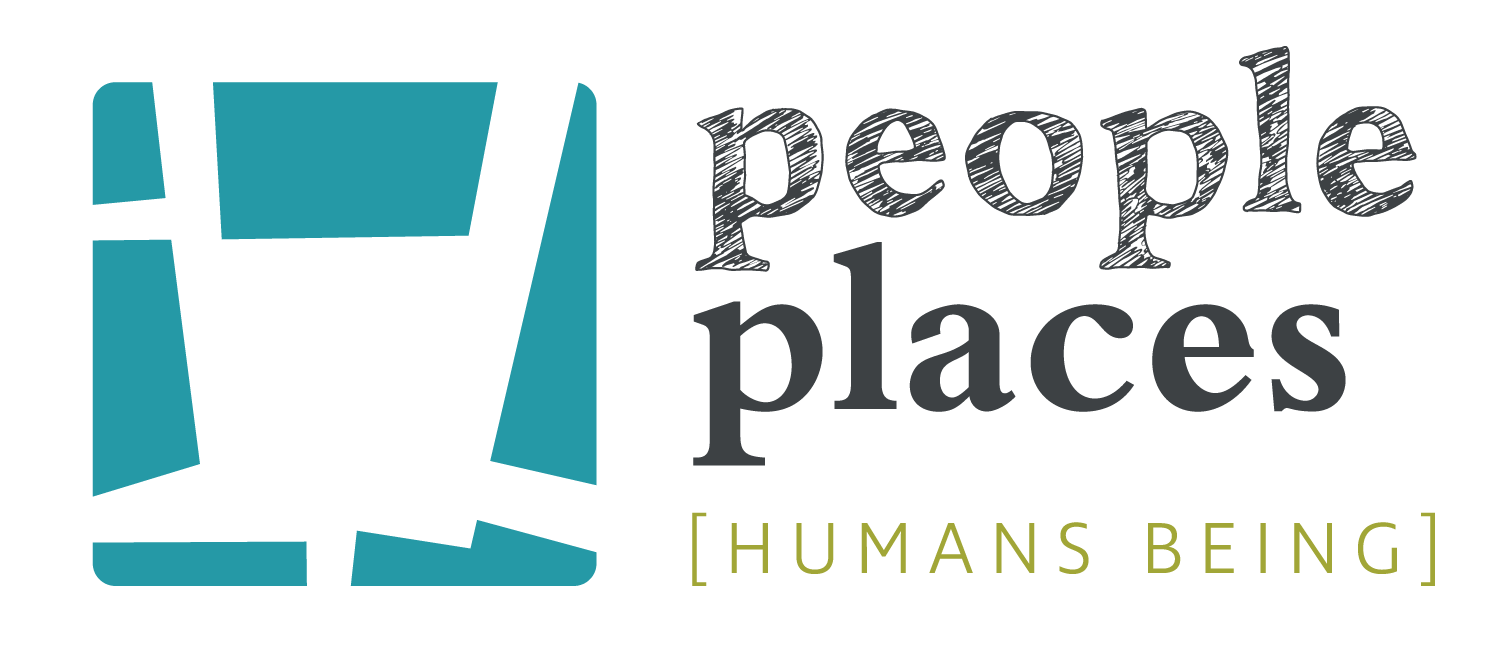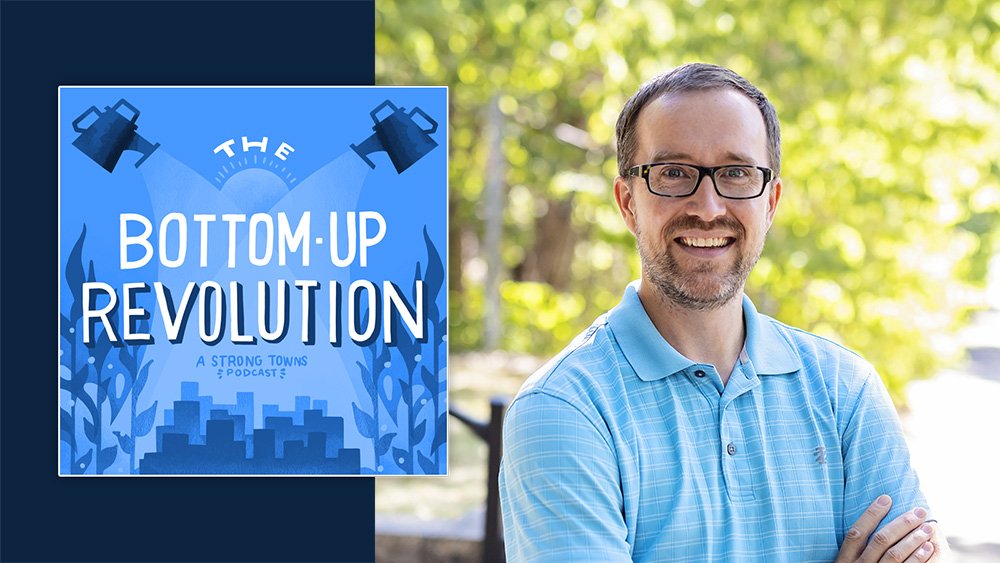The Largest Independent Network of Community Gardens is Still Growing in Denver
(Source: Denver Urban Gardens.)
To make a neighborhood a better place, the first step is for neighbors to get to know each other. Some people knock on doors to make introductions, some host neighborhood barbeques, or make an effort to be friendly at local pocket parks. For 45 years, Denver Urban Gardens (DUG) has helped locals create community spaces that not only provide people with an opportunity to grow food, but to meet their neighbors.
“I live in downtown Denver,” said Linda Appel Lipsuis, DUG Chief Executive Officer. “I’ve lived here for 15 years and I have met more neighbors since joining this community garden last summer than I did the entire time I’ve lived here. It’s just this really extraordinary way to break down barriers and get to know each other.”
(Source: Denver Urban Gardens.)
In many neighborhoods throughout the United States, residents can go months or years without interacting with the people who live right next door. Life is busy, and making connections with those who are closest isn’t always the easiest thing. While gardening is a great way to bring people together and beautify a neighborhood’s public space at the same time, local regulations and logistical hurdles can limit people from creating these community spaces. So in Denver, DUG works to remove barriers, get land use agreements changed, and help with startup supplies so a community member can move forward with creating a neighborhood space.
"DUG knows that in order to make lasting change, community needs to drive it. That’s why every one of our urban gardens and farms have been started and led by local residents,” DUG says on their website.
Denver Urban Gardens, now the largest independent network of food-producing community gardens in the U.S., started in the late 1970s when local Hmong refugee women wanted a place to grow their own food. They worked together to transform a vacant parking lot into a vibrant community space in efforts to maintain their traditions. Now called the Pecos Community Garden, it is still a thriving community element for those in the neighborhood with a free library, a children’s play area, and art.
(Source: Denver Urban Gardens.)
(Source: Denver Urban Gardens.)
“The same gardeners who started the garden some 45 years ago are still gardening in that garden,” said Lipsuis. And by tradition, the gardeners will feed those who come to visit.
“Each garden is different, of course, you know, it's gonna have its own culture and its own rhythm,” said Lipsuis.
Some gardens are only open to those who sign up to be a gardener, while others are fully open for the community to wander in and enjoy the greenery. Each garden may set its own rules according to the preferences of the neighbors who establish it.
When it comes to odd, empty greenspaces or uninviting parks, DUG is trying to reimagine how underused spaces could become a more welcoming community place. Through developing food forests, they hope to create more places that are always open and inviting. Just like a park, locals could come and enjoy the outdoors, and maybe pick an apple or two while they’re there.
“You can put [food forests] in parks, remnant parcels, just these little bits of land all over the place, and activate them as community orchards,” said Lipsuis. “There's the same benefit to them to activate the space and it's less space that DOTs need to maintain,” because the community would take care of it, instead.
(Source: Denver Urban Gardens.)
If people outside of Denver are looking for ways to kickstart community spaces like urban gardens, but aren't sure where to start, Lipsus said: “Call us. Call DUG. The real secret to what we do is around humans, it's not around growing food … And so, we come with a model that we want to share.”
Whether in the coziness of a little local shop, a library, outside patio space, or an urban garden, vibrant community spaces are crucial to building a strong neighborhood.
“Even if someone just goes in and out [of a community garden] to water [plants], you're still going to end up noticing what your neighbor or the Master Gardener is doing—you're still gonna end up bumping into someone, and be part of something bigger,” said Lipsuis.
Thanks to People Places for sponsoring the upcoming Strong Towns National Gathering. Learn more about People Places at people-places.com.










Katy Clagett is a commercial real estate appraiser and activist. She joins the podcast today to talk about the ways that bottom-up projects can build community, as well as her experiences with spearheading this kind of project.